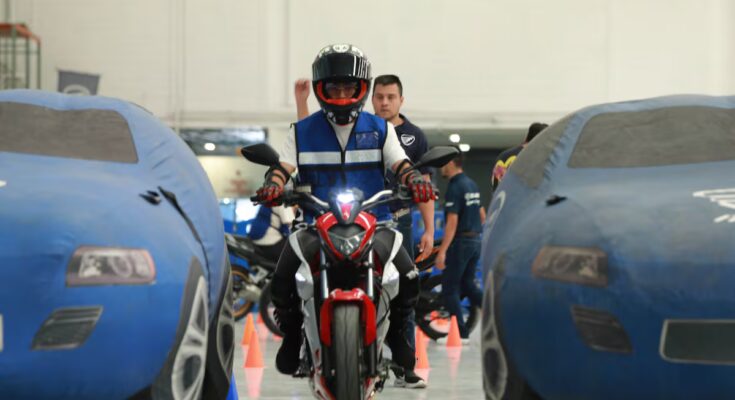In Mexican cities, pedestrians, drivers, cyclists and motorcyclists share the same urban space. Beyond road signs, true road coexistence depends on the attitude: respecting others, anticipating movements and driving with awareness.
According to the National Institute of Statistics and Geography (Inegi), in 2024, 374,949 land road accidents were recorded in urban and suburban areas of the country. Over 90% identified the driver as the main reason. These data confirm that road safety does not only depend on infrastructure or laws, but also on the daily decisions that each person makes when travelling.
The preparation of drivers is essential to building safer roads. Obtaining a driving license should not be understood as a simple procedure, but as an accreditation of skills and responsibilities. In this sense, the ITALIKA Evaluation Center contributes to strengthening responsible mobility through theoretical and practical evaluations based on official standards. Its work focuses on promoting safe riding, the use of helmets and protective equipment, as well as the technical inspection of motorcycles.
Every responsible action has a direct impact on collective safety: respecting speed limits, keeping the lights on, wearing an approved helmet, giving the right of way and avoiding distractions. If repeated daily, these practices generate a positive transformation in urban coexistence.
Promoting a street culture does not mean highlighting mistakes, but building shared habits. This learning starts at home, is reinforced in assessment centers and consolidated in daily practice. A safer city will emerge when all the people who live in it understand that mobility does not depend on who has priority, but on how people coexist on the streets.
In a busy urban environment, stopping for a moment to think about collective safety can make the difference between a normal commute and a safe life. The culture of the street is not imposed: it is learned, practiced and, over time, it becomes a form of common respect.



